
Attorney-General Godfred Dame has said there was a need to tackle financial crimes from the base.
He says an effective way of depriving criminals of the fruits of their wrongdoing is by dealing with the sources of funding of their ‘subversive’ enterprises so as to disrupt and intercept the proceeds of their misconduct.
“When those who have been entrusted with authority to ensure that right procedures are followed derelict on same, the trust and confidence of the people in financial systems are abused. Banks must be held accountable. Confidentiality rules and protection of the identities of holders of accounts, especially in some offshore jurisdictions, often become a facade and a conduit for the concealment of the proceeds of corruption and other economic crimes,” he said while speaking during the 41 Cambridge Economic Crime Conference on Monday, September 2.
Godfred Dame noted that tracing the assets of accused persons, especially convicts of economic crime, is a sophisticated enterprise.
“It requires the willing participation of a network of gatekeepers such as forensic accountants, bankers, lawyers, real estate agents, data analysts, information technology experts and luxury service providers who act together and are bound up by strong rules of ethics and accountability. Geolocation tools will have to be deployed to identify and monitor the physical location of assets. A transparent and accountable financial environment rooted in structures and systems of integrity is fundamental. As former US Senator, Alan K. Simpson stated, ‘If you have integrity, nothing else matters. If you do not have integrity, nothing else matters’.
“I deem it apt to recall a point I made at this event last year that, transparency is the bedrock of integrity and, I would add, the key to unlocking the sanctuary in which assets of criminals are preserved. Secrecy, privacy and opaque financial environments provide a perfect breeding environment for the concealment of assets obtained from criminal activity. The relevance of transparency and integrity thus cannot be ruled out in the endeavour to trace and recover the proceeds of financial crimes,” he said.
Godfred Dame further stated that the motivation for financial and economic crime, often, is the acquisition of illicit wealth and the securing of undue advantage.
Thus, effectively tracing the assets of suspects and recovering the proceeds of crime nips the motive for such crimes in the bud, he said.
Godfred Dane further indicated that “asset tracing is therefore the end game, in my view, in dealing with economic and financial crime.”
Apart from being simply unconscionable for perpetrators of economic crime to conceal or keep the fruits of their crimes, for the relatively less developed world such as Ghana, he said, the phenomenon breeds mistrust in the system and denies the nation much needed revenue for the execution of lofty development projects.
Touching on the Legislative reform by Ghana to trace and recover assets of criminals and boost transparency, he said bearing in mind the motives and modus operandi of the perpetrators of financial crime, far-reaching institutional reform in the form of the building of a sound legal framework, has been deliberately undertaken by Ghana to trace the assets of criminals, and, ensure that wrongdoers do not profit from the crimes they commit.
Three mechanisms stipulated in sections 24, 25 and 29 of the EOCO Act position Ghana’s Economic and Organised Crimes Office as a key institution for the recovery of the proceeds of crime in Ghana. These are the search and seizure powers of EOCO, the power to track properties as well as the mandate to investigate tax fraud and prosecute same on the authority of the Attorney-General.
The property tracking mandate of EOCO, undoubtedly useful for the identification and discovery of illicit property, requires cooperation with other institutions of state and other foreign or international agencies.
“Another office, the Office of Special Prosecutor (OSP) was also established in 2017 pursuant to law – the Office of the Special Prosecutor Act, 2017 (Act 959) – the OSP Act. Five mechanisms stipulated in the OSP Act fully equip the OSP in the performance of a core function to recover the proceeds of crime. These are the search and seizure powers of the Office, the power to confiscate property pursuant to a court order, the power to apply to the court to compel the payment of a pecuniary penalty in respect of properties that cannot be the subject of an order for confiscation, the power to apply to the Court to lift the veil to unravel the identities of persons and entities holding illicitly acquired property on behalf of others and the power to trace properties.
“Another legislation which has many innovative provisions assisting in the tracing of assets and ultimately, the elimination of economic crime is the new Companies Act, 2019 (Act 992) of Ghana. By virtue of a variety of measures introduced by Ghana’s Companies Act to ensure the prompt verification of information provided by companies to the Registrar of Companies, provisions directing access to information contained in the register and the introduction of the declaration of beneficial owners, the Office of the Registrar of Companies has become a reliable partner of the government in its effort to root out corruption. The duty to provide particulars of beneficial owners and the verification processes provide a strong guard against money laundering and corruption generally, and ultimately, boosts investor confidence in the Ghanaian economy. The phenomenon of the creation of shell companies and opaque financial systems, that provide an opportunity for the laundering and concealment of illicit wealth, is being drastically reduced by the enactment of the Companies Act in 2019,” he said.
The post Financial & Economic Crime: Attorney-General explains why banks must be held accountable first appeared on 3News.
Read Full Story
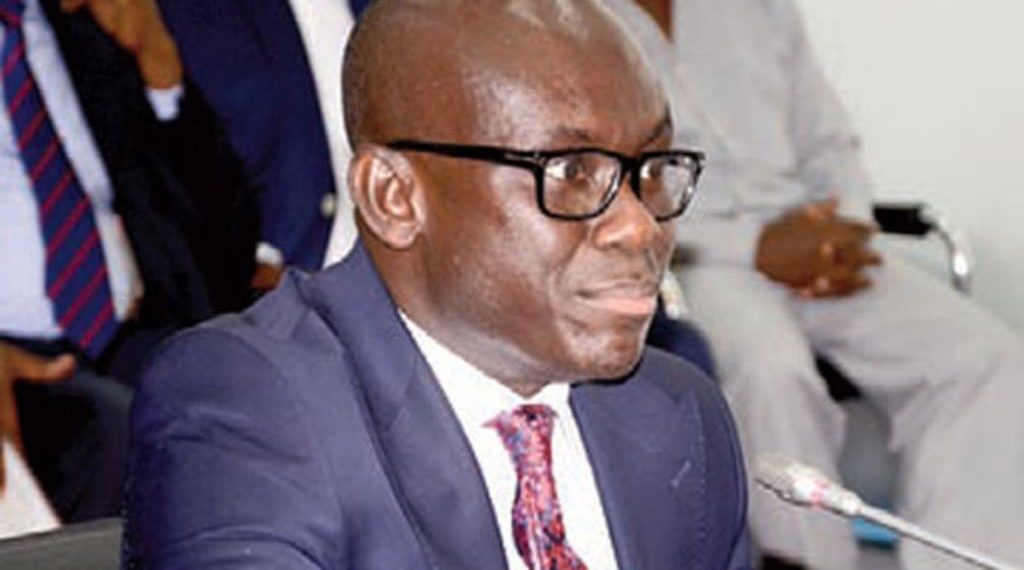
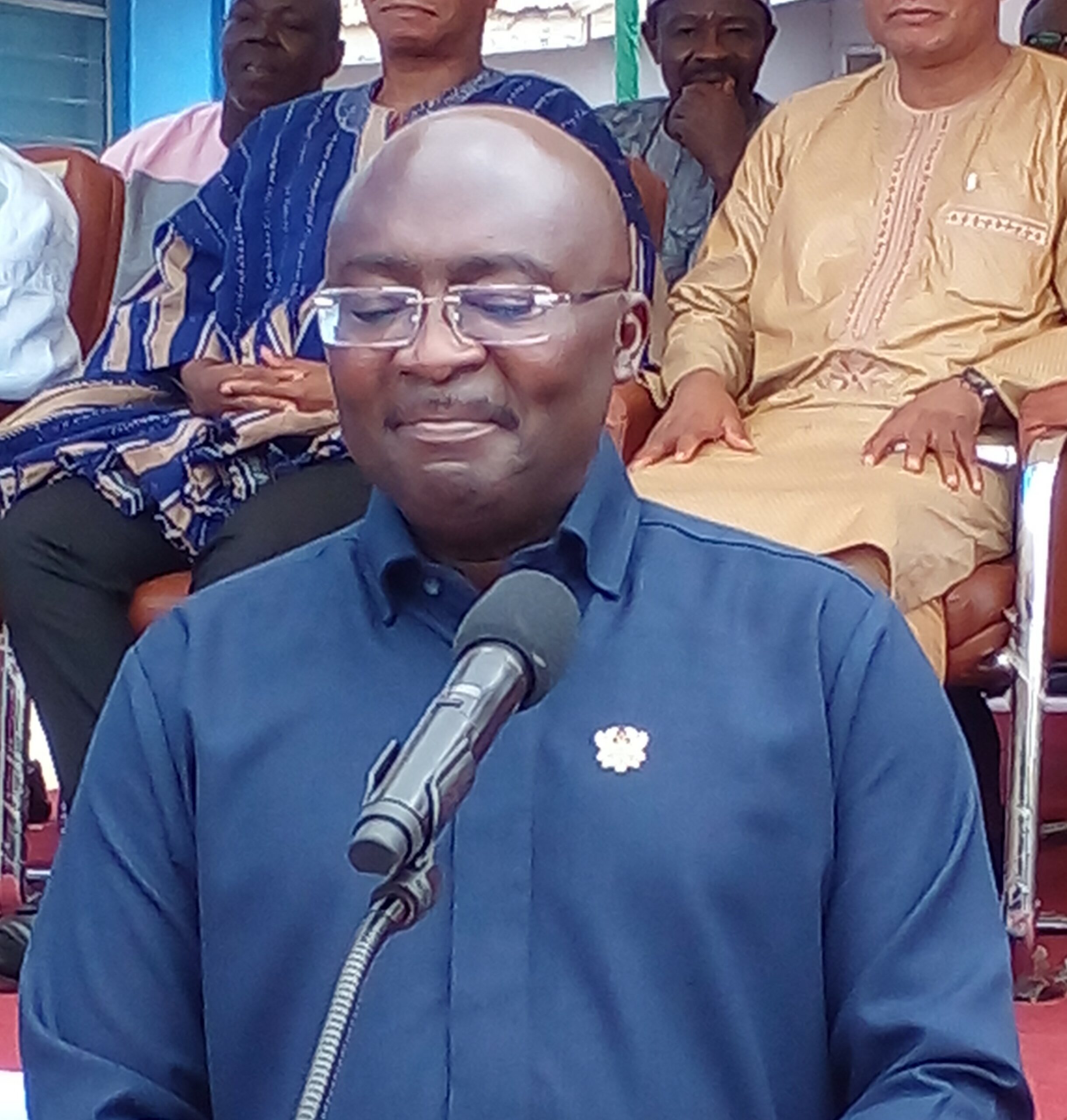







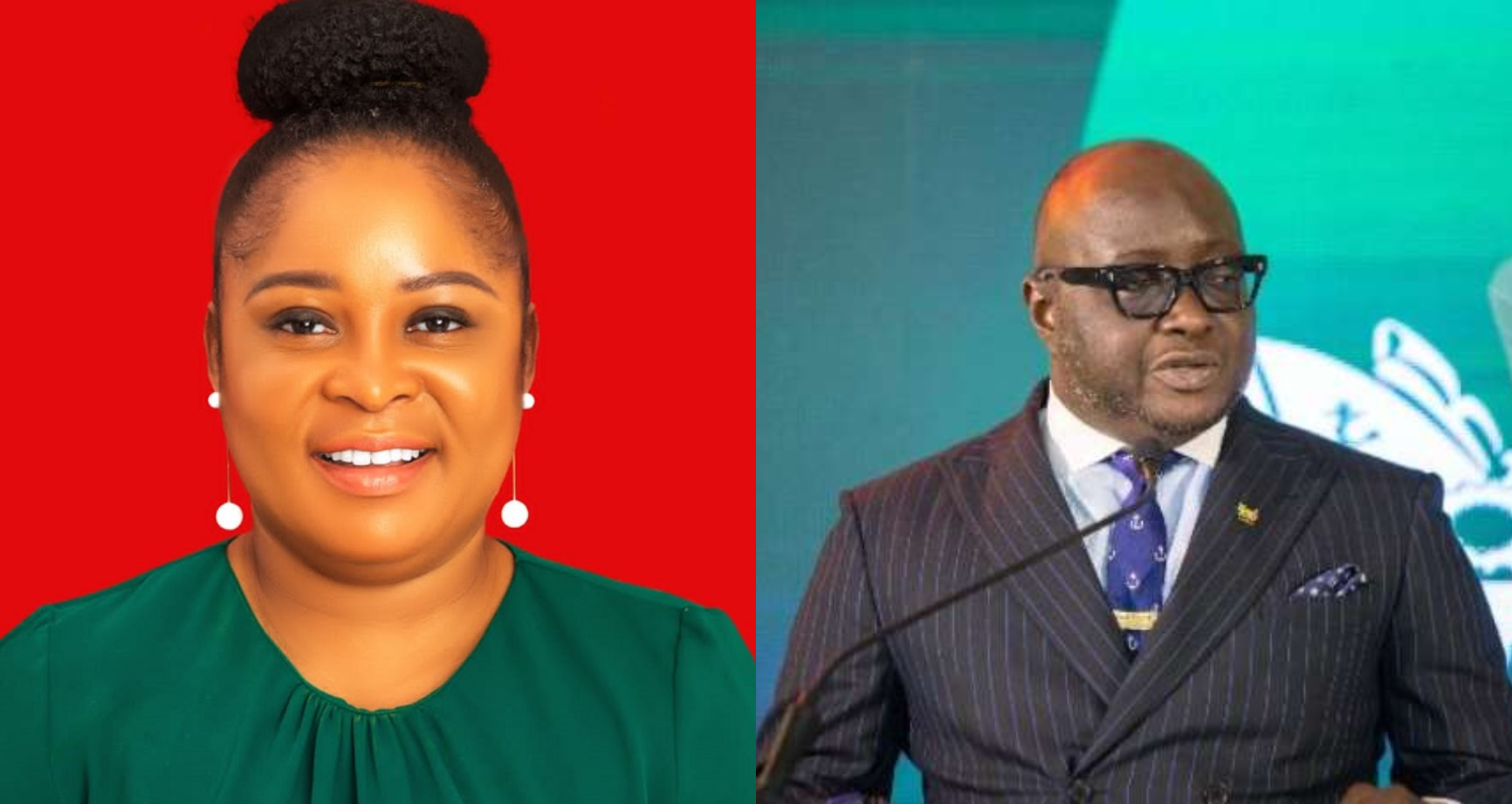

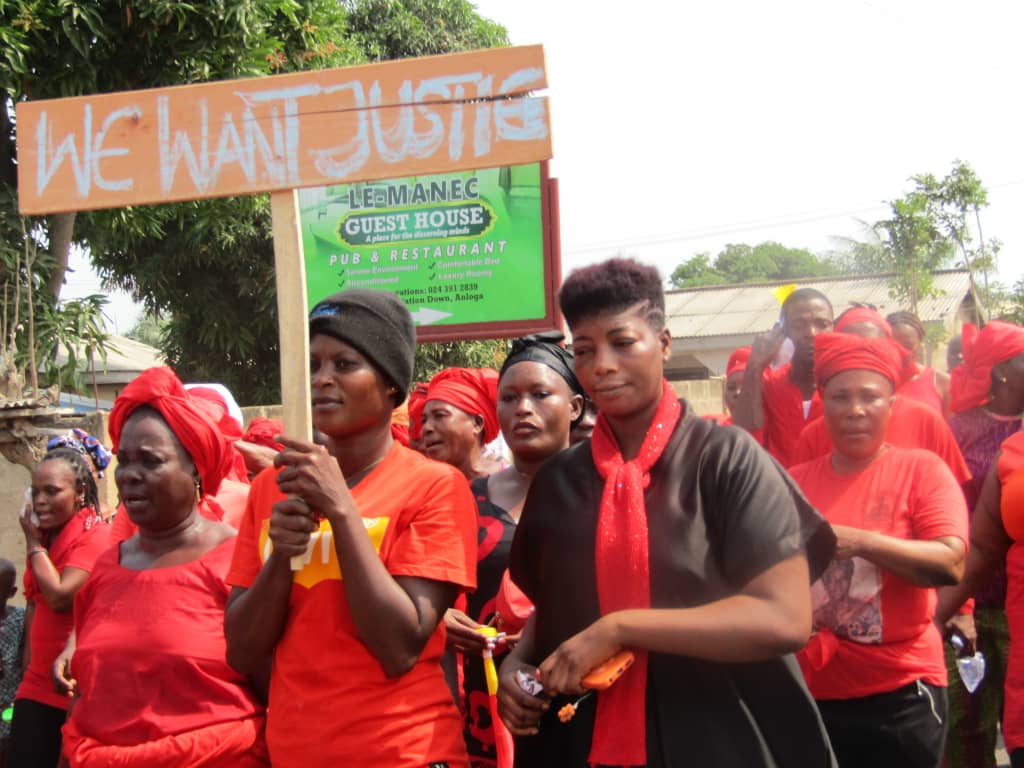

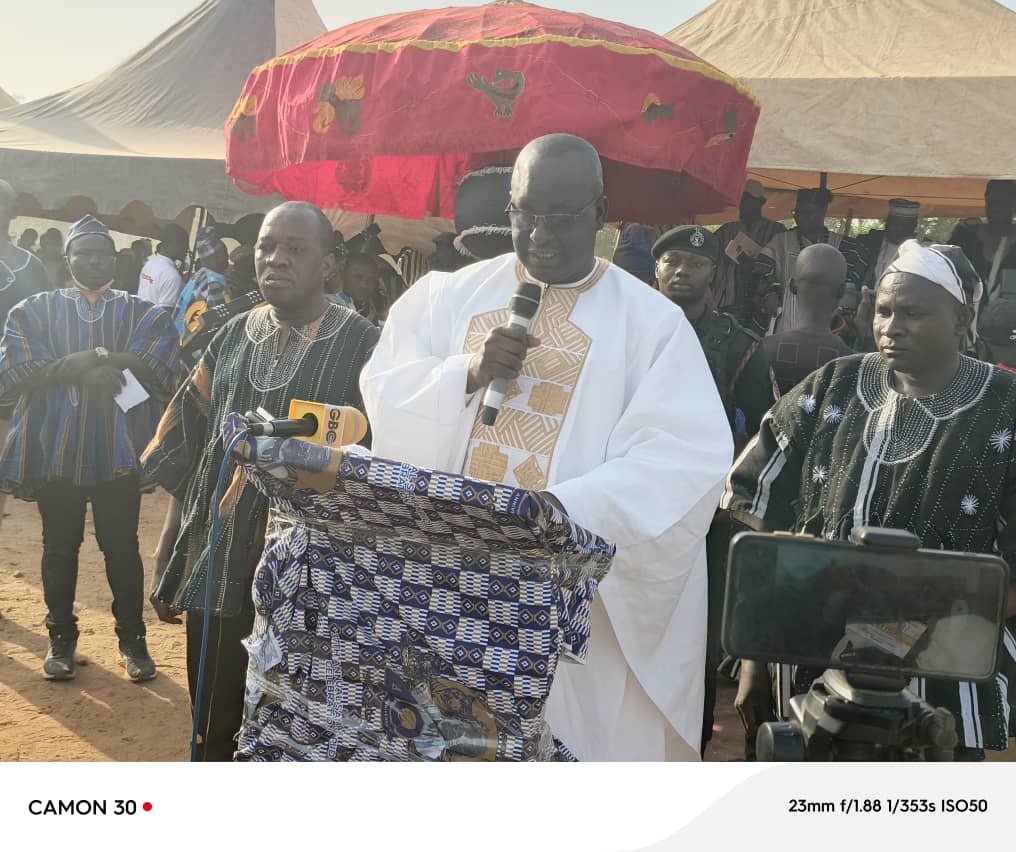


Facebook
Twitter
Pinterest
Instagram
Google+
YouTube
LinkedIn
RSS